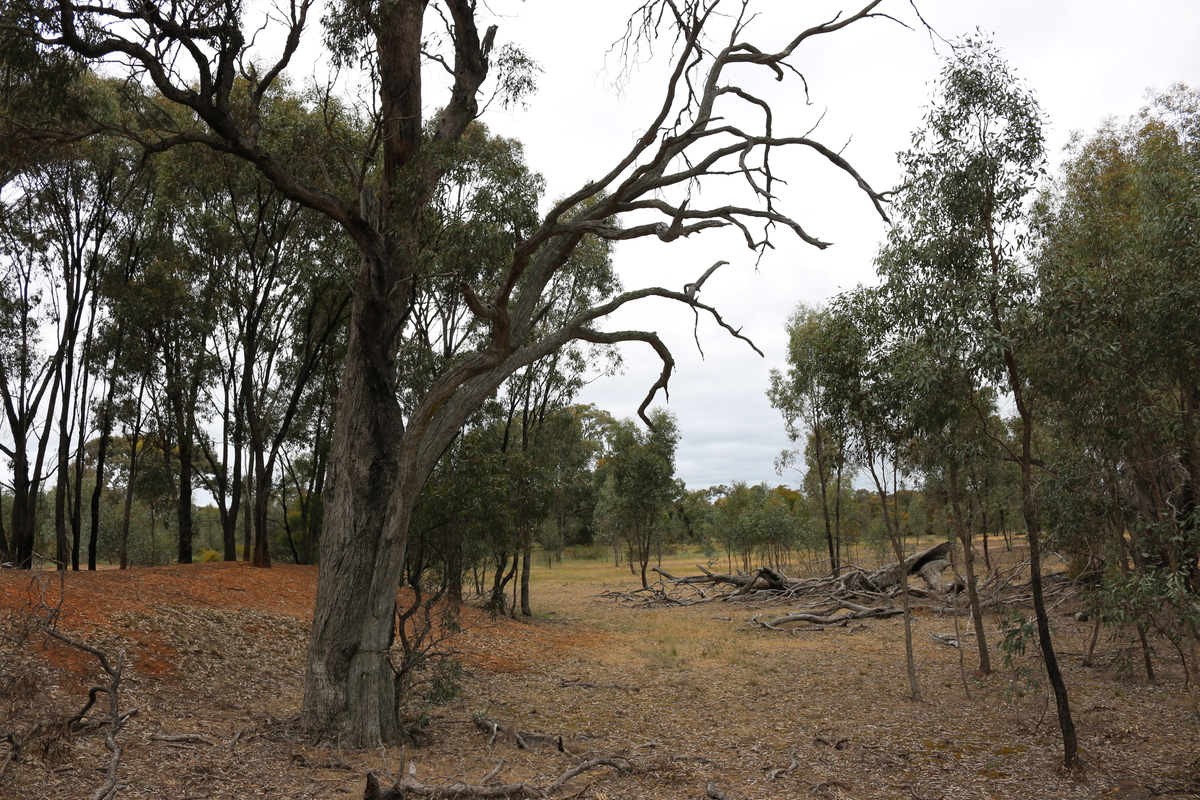Keen to look your best without compromising your ethics? We’ve got you covered.
It’s becoming more and more understood that the mainstream fashion industry, as it currently exists, is exceptionally flawed. On one hand, it’s one of the world’s biggest contributors to climate change, thanks to the air and water pollution that comes with making clothes. On the other, there’s the issue of exploitative labour practices and a widespread neglect for human rights in garment factories.
But we’ve all got to wear clothes. Society says so. So what are we to do?
The answer? Shop ethically. And lucky for us, there are more ethical/sustainable/organic Australian brands out there than ever. So if you’re looking for a new outfit that’s good for both the world and your wardrobe, these are the brands for you.
HoMie
The Melbourne-based gang at HoMie (Homelessness of Melbourne Incorporated Enterprise) are all about breaking down the stigma associated with homelessness. What started out as a Facebook page set up by three friends in 2015 quickly turned into a retail pop-up and soon became a flagship store in Fitzroy. HoMie make empowering streetwear (think hoodies and long sleeve tees), with 100% of profits going towards supporting young people affected by homelessness or hardship.
Special mention: HoMie’s line of beanies. Cosy, ethical perfection.
Citizen Wolf
Citizen Wolf are re-engineering the way clothes are made at scale, ensuring that every piece of clothing they produce is carbon negative. “We do generate carbon in the manufacturing process,” Zoltan, one of Citizen Wolf's co-founders, explains, “but after doing an audit, we actually produce around 48% less carbon than that traditional, mass-production process.”
Citizen Wolf also offset every kilo of carbon of carbon they create by five, so they can legitimately say that each t-shirt is carbon negative.
Special mention: Citizen Wolf's plain white tees, custom made using their Magic Fit® technology.
Etiko
Hello certified organic cotton, fair trade and vegan clothing! Etiko is an apparel and footwear business that’s founded on the respect and promotion of human rights. Operating since 2005, Etiko exists as an alternative to the traditionally exploitative fashion industry, and can guarantee that none of their pieces have been made using child (or otherwise exploitative) labour practices. Very good news.
Special mention: Etiko’s hi-top sneakers. Sustainable street cred.
Outland Denim
Buying your next pair of jeans from Outland Denim means you’ll be directly supporting women who have experienced sex trafficking. How? Outland was founded as an avenue for training and employment, and so far 750 women have benefited from stable employment at their HQ in Cambodia.
Special mention: Outland’s denim onesies. Good for the world and your wardrobe.
A.BCH
The team at A.BCH describe themselves as a “circular fashion label”, meaning they are fully transparent about their whole production line process – every thread and fibre is accounted for. A.BCH’s beautiful basics have been made to counter all the negative effects that come with the mainstream fashion industry, such as air and water pollution, wastage, and human exploitation. You’ll find none of that here; A.BCH are sustainable only.
Special mention: A.BCH’s linen shirts. All organic.
Dorsu
Another Cambodia-operated company, Dorsu was established to set an example within both the Cambodian and global garment industry of how clothes can be better made. One of the coolest things about Dorsu is their use of ‘remnant fabric’ – AKA surplus stock that’s unused and unwanted. But just because it’s remnant fabric doesn’t mean it’s not quality – Dorsu pieces are all made using soft, breathable cotton jersey.
Special mention: Dorsu’s rolled t-shirt dress. The ethical everyday dress you need.








